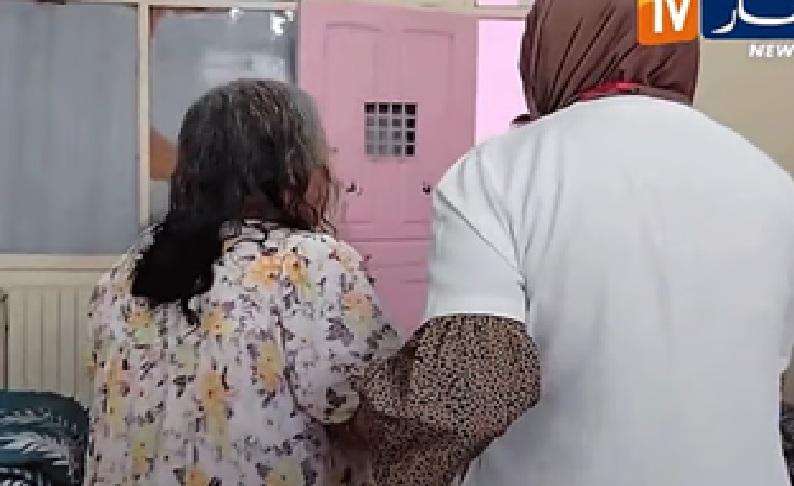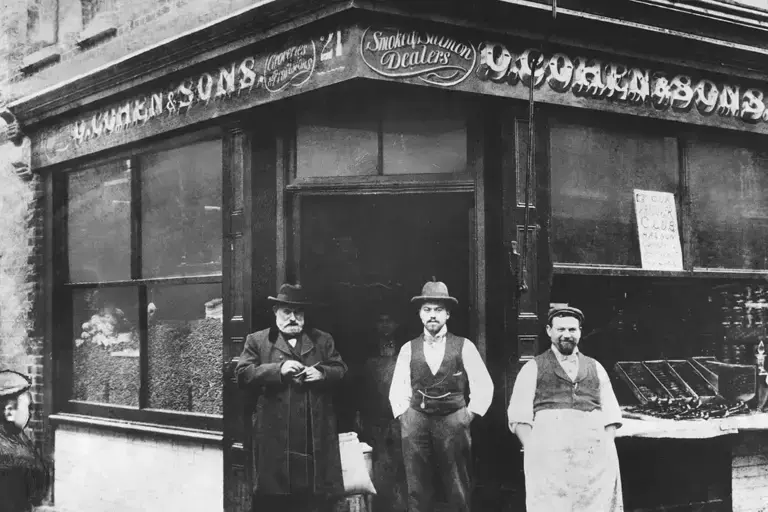The heartbreaking story of a woman who spent a quarter of a century in self-imposed isolation has shaken Algerian society and ignited a widespread discussion about mental health, family responsibility, and the breakdown of community bonds. The woman, whose name has not been released, reportedly locked herself inside her family home for 25 years after failing her baccalaureate exam, a pivotal moment in the Algerian education system. The news of her rescue has left many in a state of profound shock and sorrow.
The house where she was held captive by her own despair was captured in a widely circulated video on social media. It appeared dilapidated and cluttered, a physical manifestation of her long and painful isolation. Neighbors said she was unreachable and would become verbally aggressive towards anyone who tried to approach her. Even her own siblings, who lived in the same house, were reportedly unable to persuade her to leave or seek help.
The tragic situation came to light when a neighbor, after years of concern, filed a report with authorities. This led to a joint intervention by security forces and civil protection units, who were able to finally rescue the woman from her confinement.
The incident has triggered a wave of reactions on social media, with users expressing deep astonishment and questioning how such a prolonged and severe case of isolation could go unchecked for so long. Many have pointed fingers at the community and the family, questioning if there was a deliberate neglect of her condition. The overwhelming sentiment is that early psychological intervention could have prevented the tragedy from unfolding to such a devastating degree.
In a professional analysis of the case, sociologist Abdel Hafiz Sondouqi weighed in on the profound implications of the incident. He explained that the effects of psychological trauma are complex and depend on a variety of factors, including the nature of the traumatic event and the individual's support system. He emphasized that timely psychological and therapeutic intervention is crucial for recovery and for preventing a patient's condition from worsening. Sondouqi noted that the woman's long-term isolation is a symptom of a broader societal issue in Algeria—the erosion of neighborhood ties and social solidarity, which were once the hallmarks of the community. He warned that this social fragmentation, a phenomenon often associated with Western societies, has contributed to a rise in tragic cases of isolation, even within families. He concluded by stressing the urgent need for more effective psychological and social support systems to prevent similar incidents from happening again.
This deeply moving story has sparked a nationwide conversation, prompting Algerians to confront difficult questions about their social fabric and the support available for individuals in psychological distress. It serves as a stark reminder of the hidden struggles of mental illness and the vital importance of community and family support in times of crisis.








.svg)


